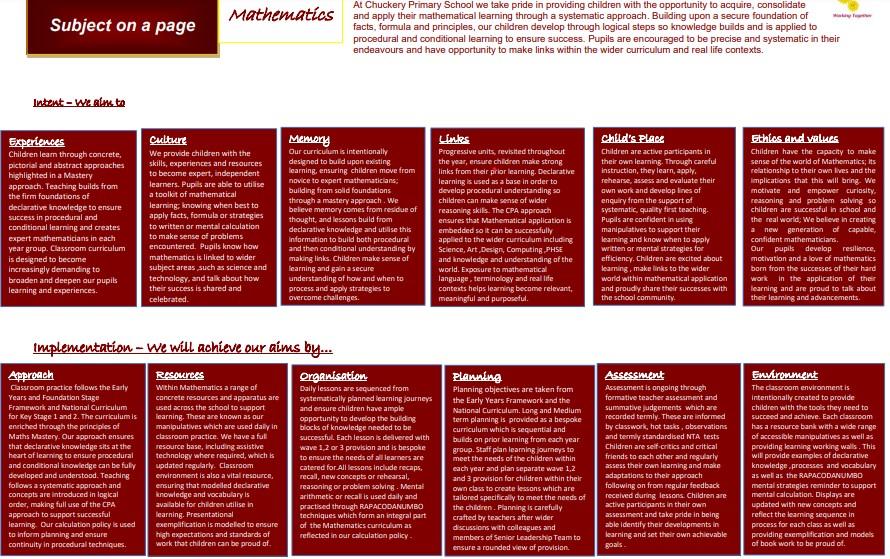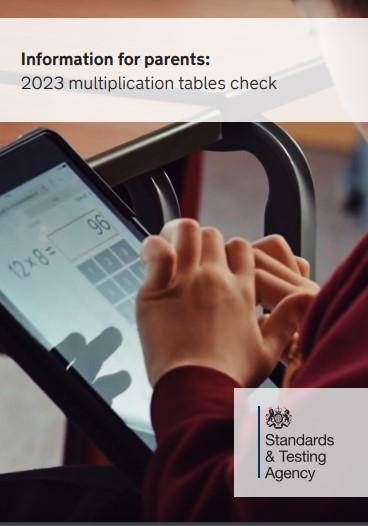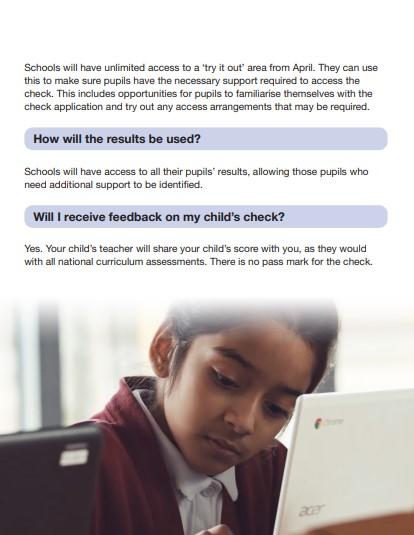Maths
Mathematics at Chuckery Primary School
At Chuckery Primary School we take pride in providing children with the opportunity to acquire, consolidate and apply their mathematical learning through systematic and consistent approaches. Building upon a secure foundation of facts, formula and principles, our children develop number sense and application of concepts through logical steps so knowledge builds and is applied to procedural and conditional learning, thus ensuring success. Pupils are encouraged to be precise and systematic in their endeavours and have opportunity to make links within the wider curriculum and real life contexts.
At Chuckery Primary School, our curriculum has been developed to meet requirements of the National Curriculum 2014 for the teaching and learning of mathematics. It is also designed to give pupils a consistent and smooth progression of learning in calculations across the school. We have chosen this approach in order to support our overall curriculum aim of developing independent learners who build on knowledge and can reason with and apply their understanding into real world contexts.
Concrete, Pictorial, Abstract:
A key principle in supporting the development of concepts and calculation is based on the concrete, pictorial and abstract approach and number sense. Pupils are introduced to an idea or skill by acting it out with real objects (a hands-on approach). The pictorial stage is where children are encouraged to relate the concrete understanding to pictorial representations. The final (abstract) stage is an opportunity for pupils to represent problems using non-formal and formal written methods.
It is expected that this CPA approach is used continuously in all new learning and calculations across the school. On most occasions the flow of learning progresses through CPA; transition between CPA approaches can be flexible and interchangeable according to the situation, for example, a child may be asked to draw or describe, using practical equipment, an abstract method they have written. The acquired skills should then be able to be manipulated and used successfully in various contexts- thus ensuring that children know more and can do more with it!
Below , you will find links to out calculation policy as well as out mental arithmetic policy which outlines the concepts that will be taught through our systematic approach in each year group across Year 1-6 . Parent workshops are held throughout the year which demonstrate the approach to learning in each year group with the opportunity to work alongside your child to share their experiences.
Additionally parents are welcomed into school to discuss arrangements for national statutory testing arrangements as well as for celebration events where Children’s Mathematical efforts are celebrated during our whole school Friday Praise assemblies.

Our calculation policy and Mental Mathematics
Assessment in Maths
Children’s progress in Maths is assessed across the school in many different ways. The class teacher uses verbal assessments during daily Maths lessons; short Maths assessments at the end of a unit of work, and NTA maths tests at the end of each term to inform their judgements. The children are assessed as emerging, expected or exceeding in the subject in relation to their year group expectations. Progress of each child is tracked and any children that are found not to be meeting their targets are monitored and targeted so that they are back on track quickly.
Statutory Assessments
As soon as our children enter the school in Reception , they complete a baseline assessment . This helps to inform the provision for every child so we ensure children can be to be as successful as possible .
By the end of Reception , children are assessed against the Early Learning Goal indicators in the areas of Number and Numerical patterns . This forms a part of the assessment to ensure a Good Level of Development has been achieved by our learners
As the children progress through the school , there are milestones they must pass for the statutory assessments. This includes the Year 2 KS1 SATS , the Year 4 multiplication checker and the Year 6 KS2 SATS . These give an indication of whether your child has met the agreed national expectation for the end of their Key Stage.
SATs, are made up of a selection of reasoning and arithmetic questions, are carried out at the end of Years 2 and 6. If you would like to see an example of the most up-to-date test, follow the links below:
Year 2
Year 6
Year 4 Multiplication Tables Check
Since June 2020, all children in Year 4 are expected to take the new Multiplication Tables Check (MTC). They will need to know all of their times tables up to 12 x 12.
Therefore, please support your children in learning the times tables and practising them with them. Learning the times tables doesn't just mean being able to recite the times tables in order but it also means being able to recall them at speed in random orders as well as knowing associated facts such as 'Because 5x6=30 I also know that 30÷6=5 and 30÷5-6 and 50x6 =300 and 0.5x6=3'
The national expectation for knowing times tables is that by the end of Year 2 all children know the 2, 5 and 10 times tables, by the end of Year 3 all children also know 3, 4 and 8 times tables and by the end of Year 4 all children know all times tables up to 12x12.
The website called timestables.co.uk website is an excellent site to help you learn your tables. Follow the link below to see if you can earn your Big Diploma:



